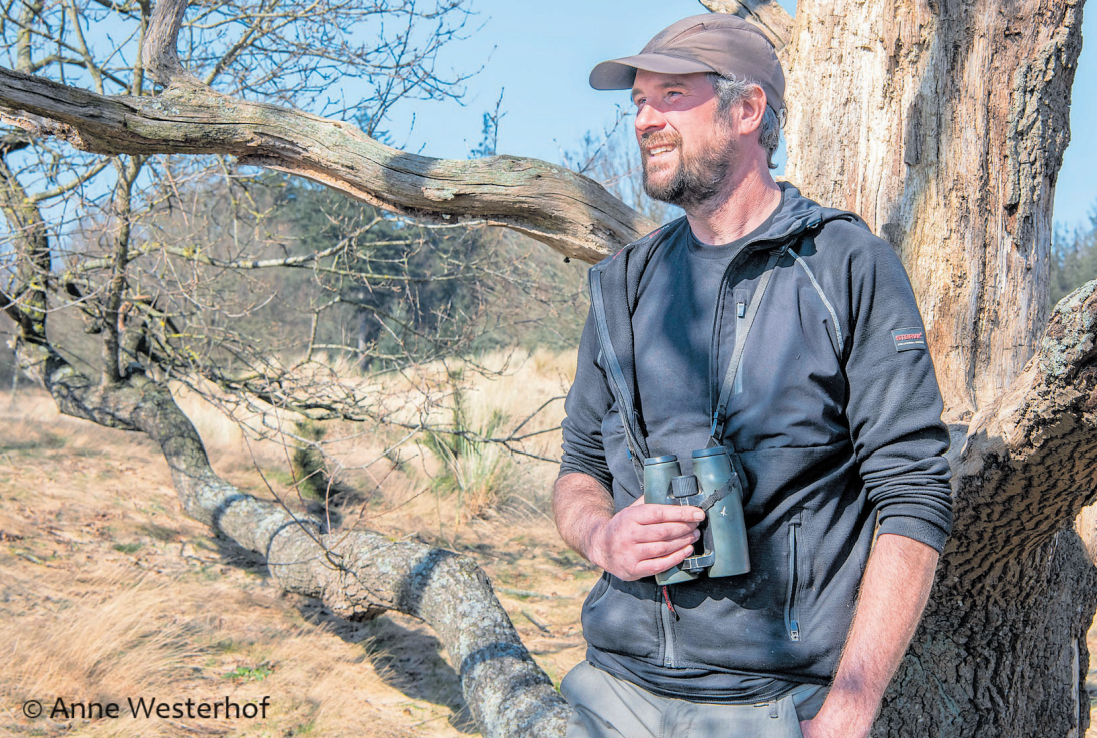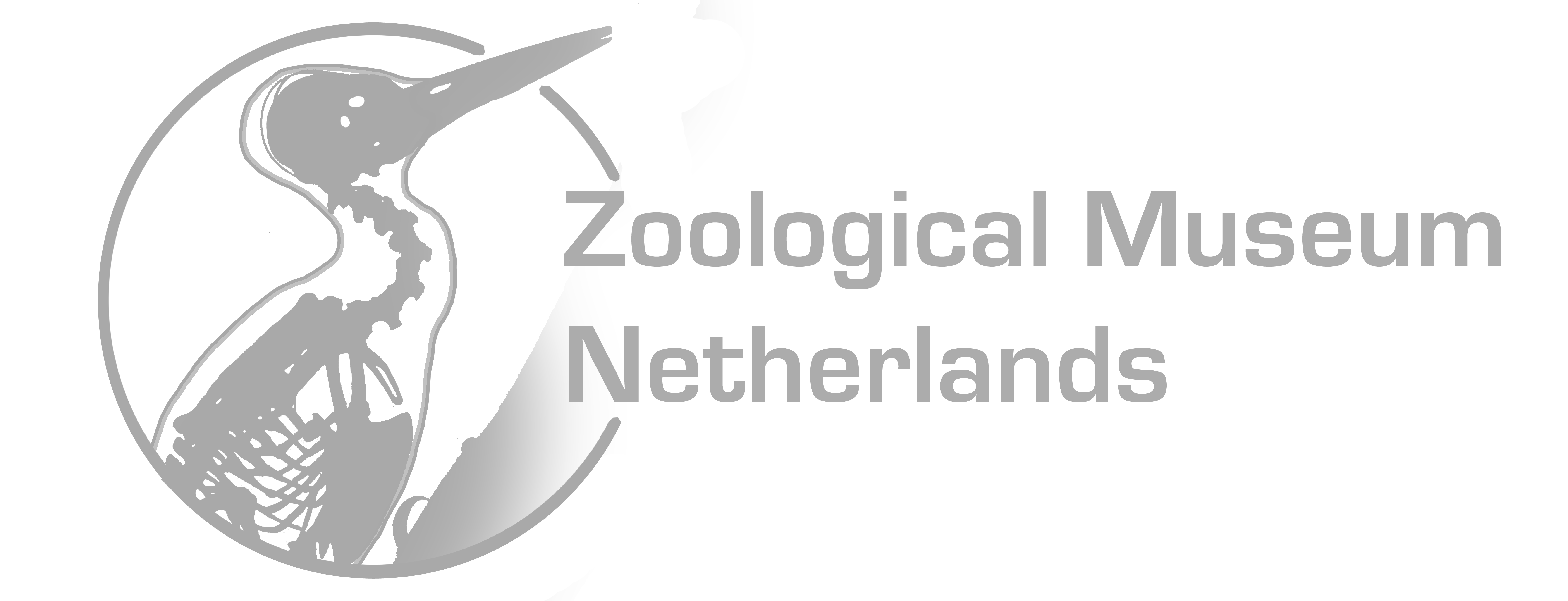We aim for the Zoological Museum Netherlands to grow into an internationally recognized knowledge hub of animal body – behaviour – environment interactions. Presently, such information is scattered and fragmentary, if at all present for particular species. Wherever possible and relevant we try to line up the information that could help in nature conservation, but our overall aim is to inform and enthuse everyone interested in the particularities of animals and the backgrounds of the lives they lead.
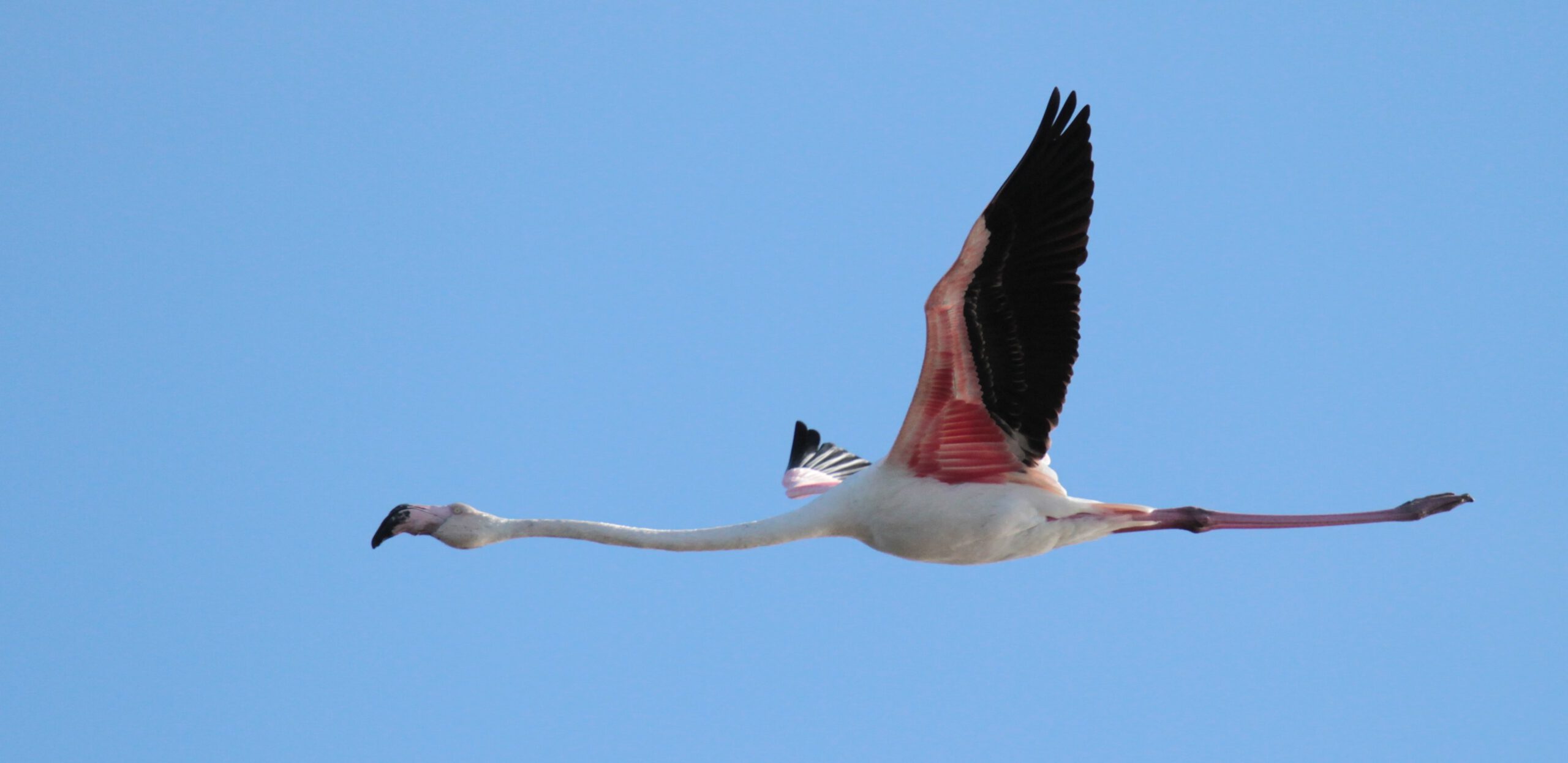
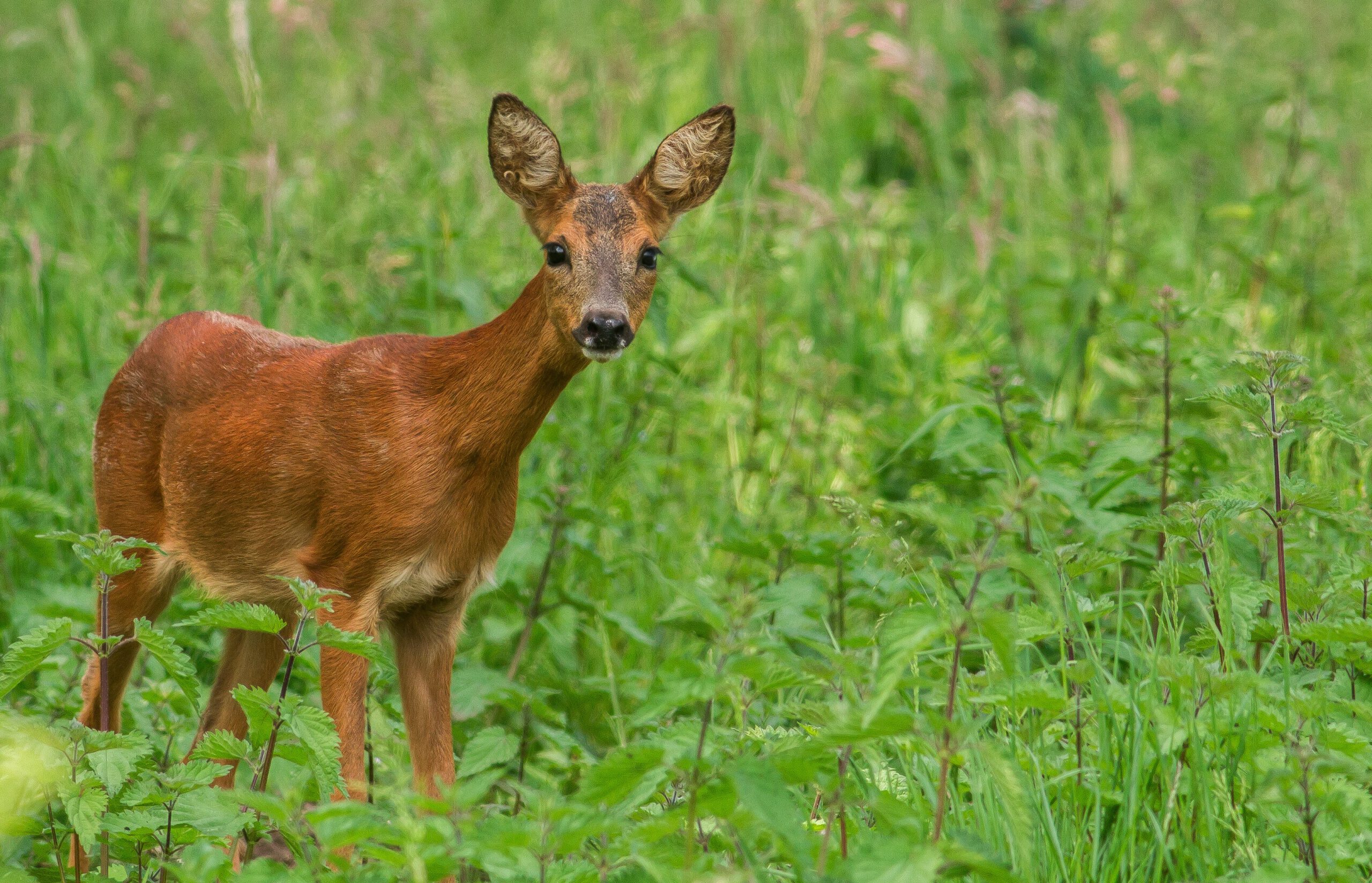
We regard our illustrated and integrative stories and analyses as tools to more fundamentally understand animals, complementary to more narrowly focused zoological, ecological, or environmental studies. Some questions may require more thorough analyses than presented on the museum website, so please contact us for further information on species, environmental issues or the possibilities for specially designed projects.
We hope many people will benefit from this museum, from children seeking information for school projects up to professionals who require data and insights that would help in decision making for wildlife conservation. Additionally, we hope to inspire and amaze people about the beauty and incredible variety nature has to offer around the globe, from backyards and cities to jungles and deserts.
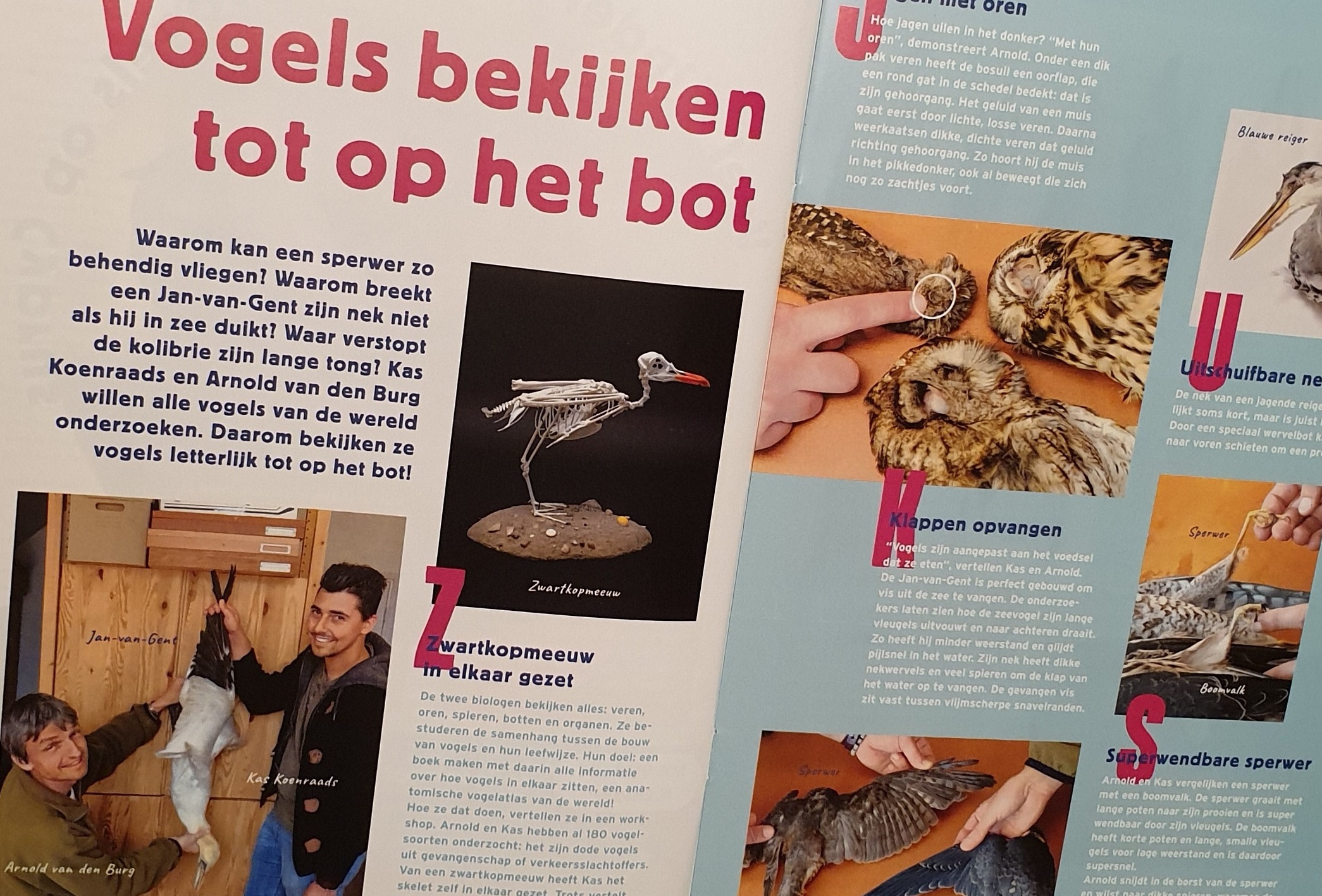
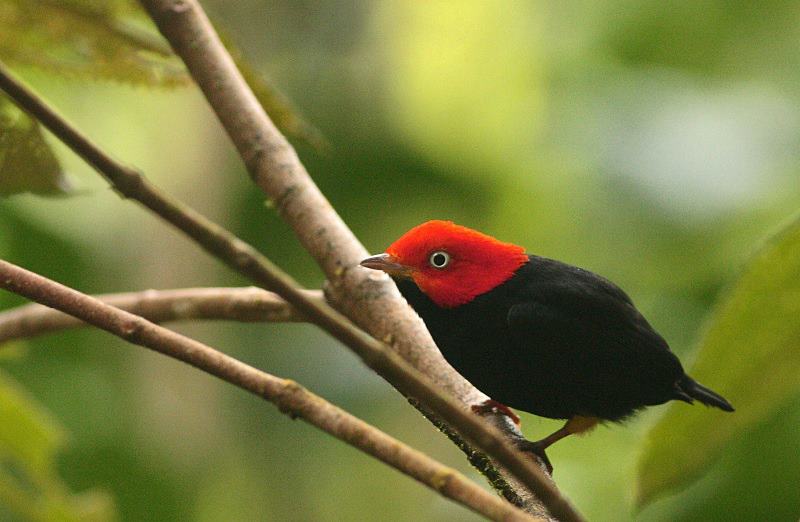
At some point in the future we also hope to welcome you in ‘our’ museum in the real world, but this is not prioritized over our objectives as set out above. From our perspective, the museum is more of a tool to get information out to the public rather than a goal by itself. We hope to develop a visitors museum in partnership with other organizations someday (and we are open to suggestions).
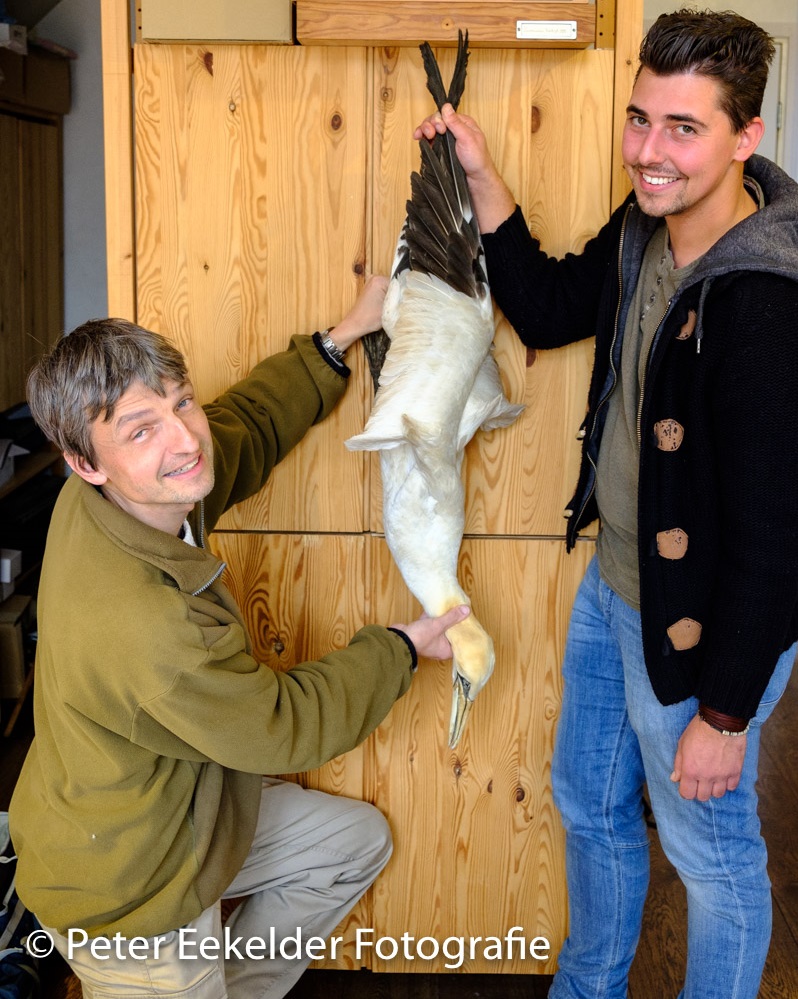
To achieve its full potential the museum shall, if permitted by finances, invest in further staffing. So far, the development and operation of the museum is run by its founders: Arnold van den Burg (PhD; 1974), Kas Koenraads (MSc; 1992) and Stef Waasdorp (1980).
Arnold has a scientific research career in the ecological and zoological consequences of habitat degradation, from which he initiates and promotes habitat restoration projects, and advocates ecologically sustainable governmental policies (e.g. with regard to nitrogen deposition in the Netherlands).
Kas, on the other hand, has a background in animal anatomy and is outstanding in dissecting animals and skeleton preparations. His professional network includes many other museums, bird rehabilitation centers, and responsible bird breeders. Both Kas and Arnold are involved in teaching at different levels, up to university grade.
Stef is a pure conservationist and represents the link between the needs of animals (and therefore the demands they make of their environment) and their habitat by advising and executing the suitable nature conservation measures. Customised nature conservation is his specialism, in which aspects as population studies, grazing management, mowing and succession management are integrated.
